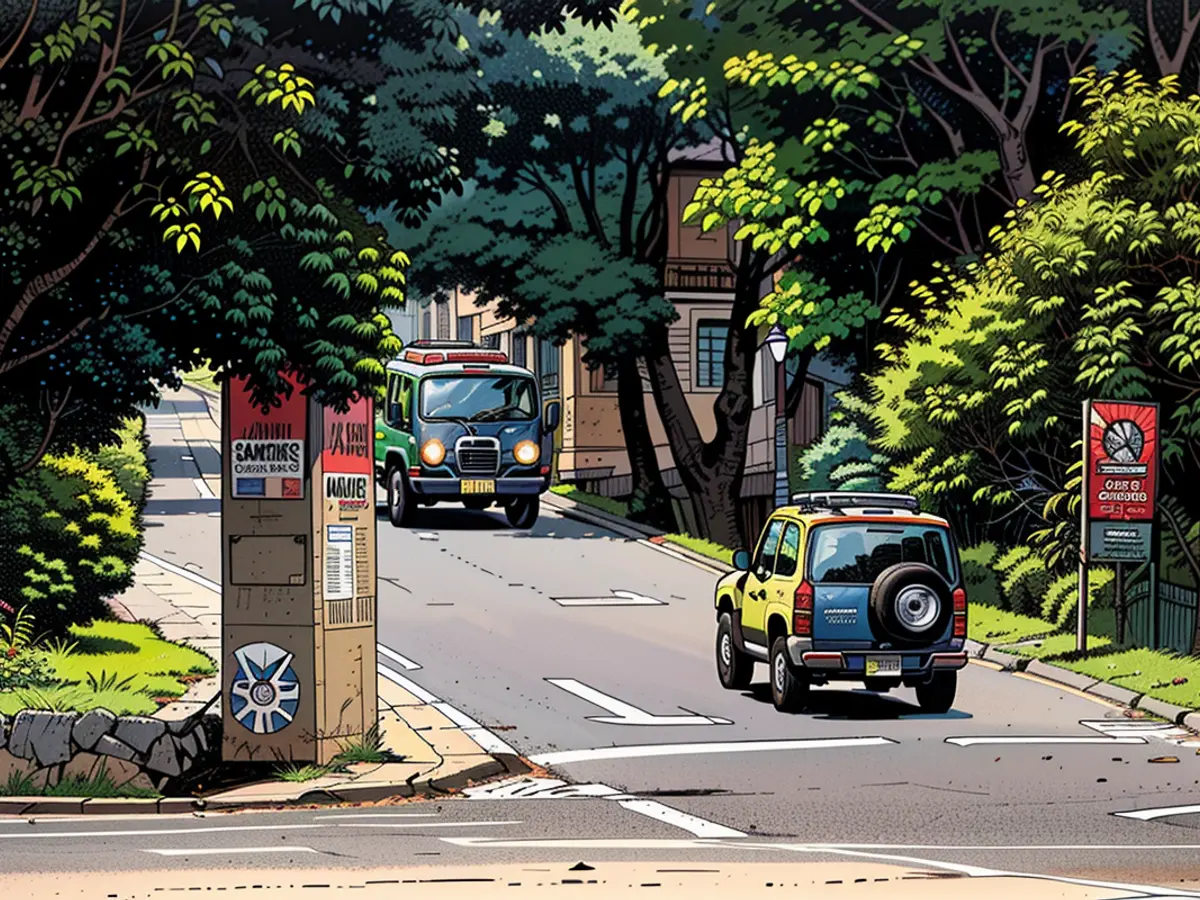Venezuelan authorities encircle Argentine diplomatic premises following the entry of opposition advocates as asylum seekers.
The group teamed up with four other anti-government Venezuelan individuals who've sought refuge in the embassy this year.
One of the individuals, Pedro Urruchurtu, who coordinates international efforts for opposition leader María Corina Machado, claimed on social media that there were groups of masked and armed enforcement officers patrolling around the diplomatic premises.
Another individual, former deputy Omar González, also weighed in on social media, stating: “The power supply to the Argentine embassy in Caracas has been disconnected, and it's now under siege by Sebin (Bolivarian National Intelligence Service) agents and other law enforcement personnel.”
Vente Venezuela, an organization driven by Machado, issued a statement describing the situation as a "blockade."
The statement read: "Regime agents continue to arrive at the Argentine embassy headquarters in Caracas. We place the blame on Nicolas Maduro for this siege against our leaders seeking sanctuary in the embassy."
The Argentinian government has filed petitions for permission to leave Venezuela, but these have not been granted as of now.
CNN reached out to the foreign ministries of Venezuela and Argentina for more information, but has yet to receive a response.
CNN also reached out to Brazil's foreign ministry, whose government took responsibility for protecting the diplomatic building following Maduro's expulsion of Argentine diplomatic personnel from Venezuela.
The expulsions occurred due to Argentina's opposition to the contentious election results, in which Maduro was declared the winner despite the widely-contested lack of publicly released detailed results as requested by several governments and international organizations.
Venezuela announced on Saturday that it had revoked Brazil's authority to represent Argentina's interests within the country, including the protection of the diplomatic building. Venezuela alleged that the embassy was being used to plan an attempt on Maduro's life and that of his Vice President Delcy Rodriguez.
Venezuela did not provide any evidence for this claim, stating that the decision was immediate.
Brazil described the move as "surprising," stating that it intended to continue defending Argentine interests until Venezuela and Argentina agreed on a different country to take over the responsibilities.
Brazil emphasized that the facilities of the Argentine diplomatic mission, which currently houses six Venezuelan asylum seekers, along with assets and archives, are inviolable under the Vienna Conventions.
Argentina expressed gratitude to Brazil for its "commitment and responsibility" and warned Venezuela to adhere to the Vienna Convention on Diplomatic Relations.
The events at the Argentine embassy transpired shortly after Argentina's foreign ministry urged the International Criminal Court's prosecutor to issue arrest warrants against Maduro and other high-ranking government officials for alleged human rights violations during post-election protests.
During a forum in Buenos Aires, Argentinian President Javier Milei referred to Maduro as a "criminal."
Argentina rejected the arrest warrant issued by a Venezuelan court against Edmundo González, the opposition Democratic Unity Platform (PUD) candidate and Maduro's primary rival, over allegations of publishing election results.
González denies the charges, with the PUD claiming that it obtained the records through its election witnesses.
The world is closely watching the escalating situation at the Argentine embassy in Caracas, with the Americas expressing concern over Venezuela's actions.
The Venezuelan government's decision to revoke Brazil's authority to protect the Argentine embassy and its occupants has sparked criticism from the Americas, further fueling international tension.







